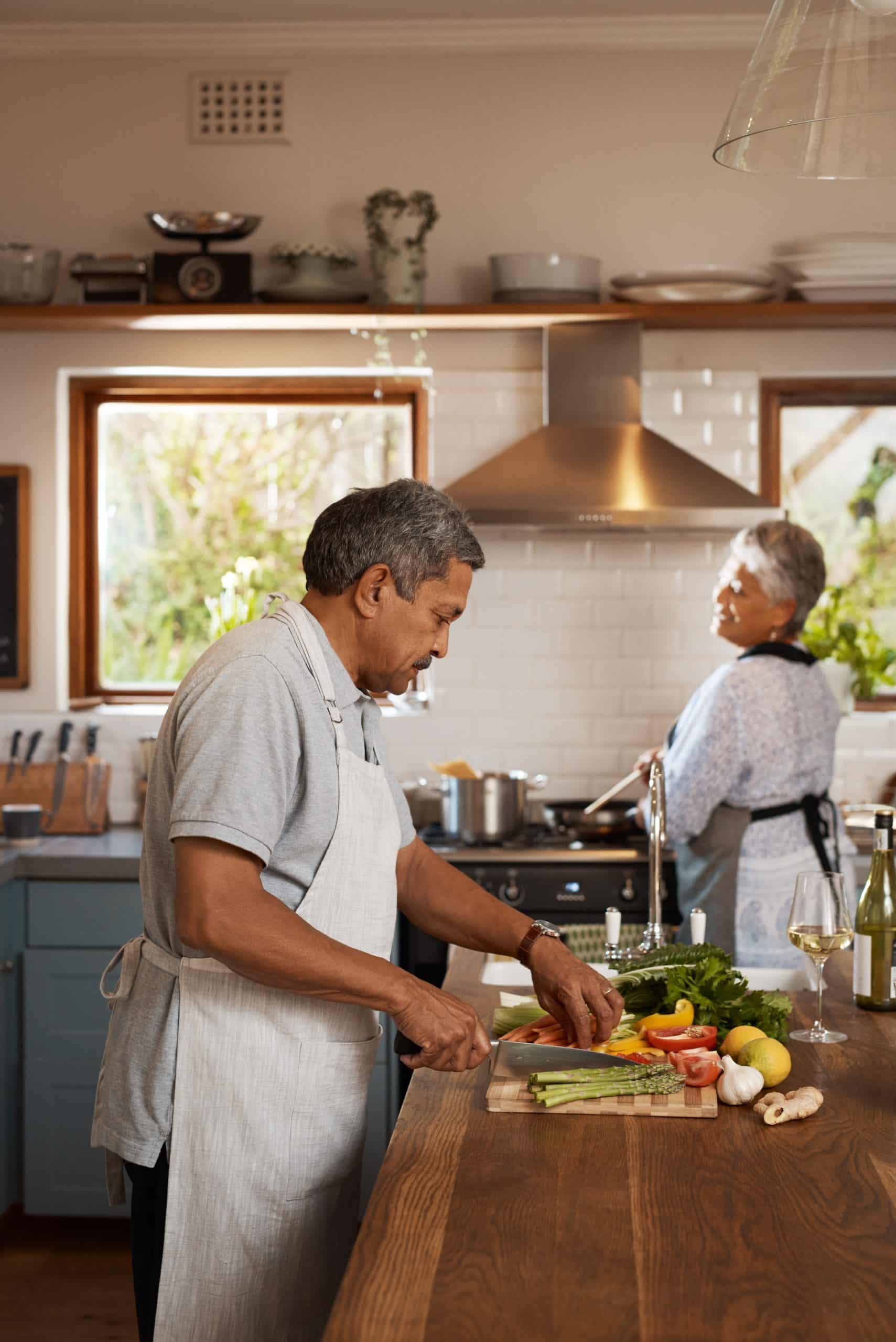How to Plan a Zero-Waste Wedding in the UK?

The wedding industry is notorious for being excessively wasteful. From decorations to food, a lot of what is used in a wedding ends up in the trash. This is not sustainable, and as we become more aware of our impact on the environment, it’s time to rethink how we celebrate these significant life moments. This article is your guide on how to plan a zero-waste wedding in the UK.
Choosing a Zero-Waste Venue
Choosing the right venue is one of the most critical decisions in planning a wedding. It sets the tone and ambiance of the event and can significantly influence the amount of waste produced.
A lire en complément : What’s the Impact of 5G Technology on Remote Work Productivity in the UK?
When looking for a venue, consider its environmental policies and waste management practices. Many venues in the UK are offering ‘green’ options and prioritize sustainability. Look for venues that recycle, compost, and have partnerships with local food banks to minimize food waste. You might also want to consider outdoor venues that inherently require less energy for lighting and heating.
Venues located in close proximity to most of your guests can also help reduce carbon footprint as it minimizes the need for long-distance travel. If a significant number of your visitors will be coming from out-of-town, choose a venue that is accessible by public transport or arrange a shared transportation option like a shuttle bus.
A voir aussi : How to Safeguard Your Online Transactions Against Cyber Fraud in the UK?
Eco-Friendly Invitations
Traditionally, wedding invitations are printed on high-quality paper, which often ends up in the garbage after the event. To cut down on paper waste, consider digital invitations. There are numerous platforms that allow you to design and send beautiful digital invites, like Paperless Post or Greenvelope.
If you prefer paper invitations, opt for those made from recycled materials, or better yet, plantable paper. This type of paper is embedded with seeds, so when it’s planted, it blooms into flowers, herbs, or vegetables. Make sure to mention on the invite that it’s plantable to ensure your guests don’t throw it away.
Also, avoid using plastic or metallic decorations on your invitations as these materials are not easily recyclable. Keep the design simple and elegant to minimize waste.
Sustainable Catering
Food and drink are central to any wedding celebration, but they can also be a major source of waste. When planning your catering, prioritize local and seasonal ingredients to reduce carbon emissions associated with food transportation.
Hiring a caterer who values sustainability can make a big difference. These caterers can often source local produce, use organic ingredients, offer vegetarian and vegan options, and have plans for minimizing food waste.
While buffets can lead to a lot of food waste, a plated meal service can be more controlled and lead to less waste. If you do opt for a buffet, plan for leftover food. You can donate untouched food to a local food bank or compost any food scraps.
Green Decorations and Flowers
Wedding decorations and flowers can create a lot of waste, especially if they are one-time-use items. For a zero-waste wedding, opt for decorations that can be reused, borrowed, or easily recycled.
Consider using potted plants or flowers, which can later be planted in a garden. You can also rent decorations from various companies that specialize in event decor.
When it comes to flowers, opt for locally grown, seasonal flowers to reduce the carbon footprint associated with their transport. After the wedding, you can donate your flowers to a hospital or a nursing home, compost them, or let your guests take them home.
Ethical Wedding Attire
The wedding industry has a significant impact on the environment, and a large part of that comes from wedding attire. The manufacture of new dresses and suits involves a considerable amount of resources and generates waste.
For a zero-waste wedding, consider renting your wedding attire or buying second-hand. There are numerous bridal shops and websites where you can find beautiful pre-loved wedding dresses.
If you prefer a new dress, look for designers who use sustainable materials and ethical manufacturing practices. After the wedding, consider selling or donating your dress to give it a second life.
Remember, a zero-waste wedding doesn’t have to be perfect. It’s about making conscious decisions to minimize waste and reduce your environmental impact. Your wedding is a celebration of your love and commitment to each other. By choosing to have a zero-waste wedding, you are also showing your commitment to the planet.
Thoughtful Gifts and Favors
Choosing the right gifts and favors for your guests is another essential aspect of a zero-waste wedding. Traditional wedding favors often consist of small trinkets that unfortunately end up in the trash more often than not.
Instead, choose meaningful and usable gifts that your guests will appreciate and use long after the wedding. Opt for favors like locally sourced honey, handmade soaps, or packets of seeds that guests can plant in their own gardens. These kinds of favors not only eliminate waste but also support local businesses and promote sustainable practices.
For wedding gifts, consider setting up a registry with options for experiences or donations to your favourite charities. You could also ask guests to contribute towards a big ticket item like a honeymoon or a house deposit rather than buying individual gifts.
If you’d still like to receive physical gifts, look for a registry that offers sustainable, ethical, and eco-friendly products. Also, encourage your guests to use recycled wrapping paper or, better yet, no wrapping at all.
Waste Management During and After the Wedding
Proper waste management during and after the wedding is crucial to achieving a zero-waste wedding. Have clearly marked recycling bins at your venue to encourage guests to dispose of their waste responsibly. In addition, partner with your caterer and venue to ensure that all leftover food is composted or donated, not thrown away.
After the wedding, take the time to sort through any remaining waste. Compost any organic materials like flowers, food scraps, and biodegradable plates or cutlery. Recycle any glass, paper, or metal items.
Conclusion
Planning a zero-waste wedding in the UK might seem daunting at first, but with careful planning and a few simple swaps, it’s entirely achievable. Remember, the goal is not perfection, but progress. Every small step towards a more sustainable and waste-free wedding is a step in the right direction.
As we become more aware of the impact of our choices on the environment, it’s important to incorporate these principles into all aspects of our lives—including our weddings. By choosing a zero-waste wedding, you’re not only making a commitment to each other but also to the planet. You’re showing that it’s possible to celebrate love and joy without causing harm to the environment.
As you embark on this journey towards a zero-waste wedding, remember that your choices can inspire others to do the same. So, set the trend, raise the bar, and show the world that a wedding can be both beautiful and sustainable.
